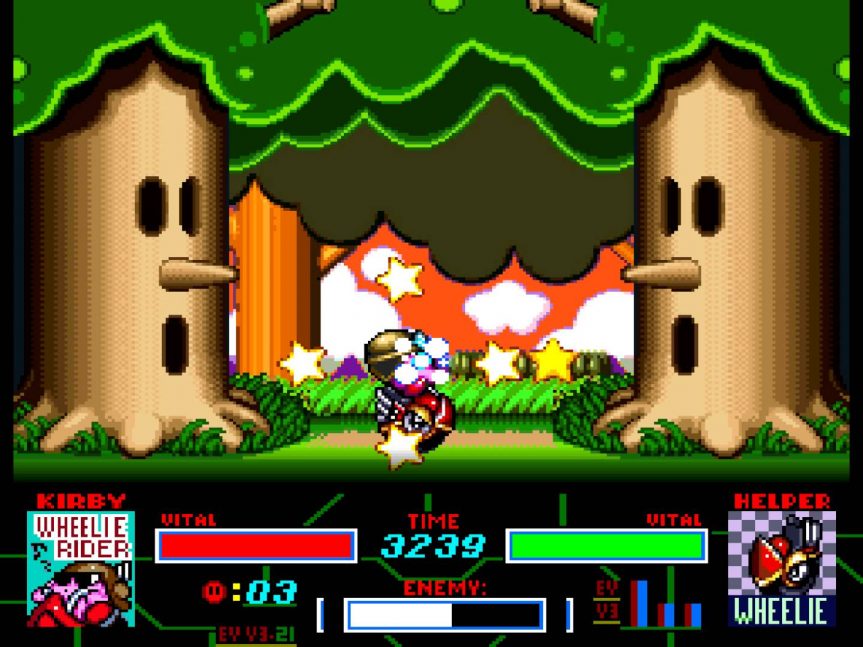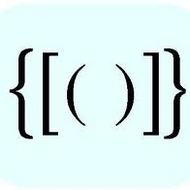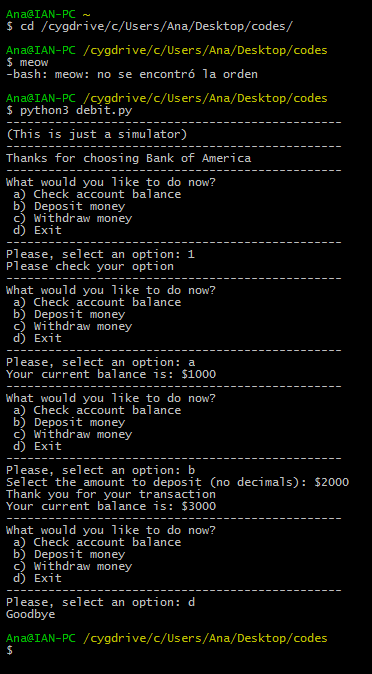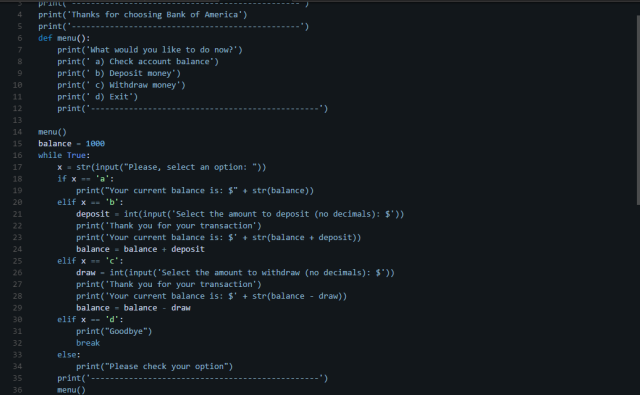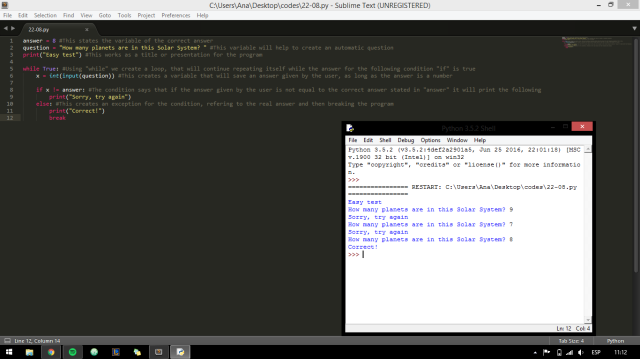--Originally published at Nihilistic Kirby
 One of my earliest dreams definitely was to create a videogame, I was fascinated with all the magic the SNES made me feel back in my childhood, and since then I wanted to make my own story with all the ideas a typical kid would have. Of course it was a beautiful childhood, and I still have remains of it; maybe it was the only reason I choose to study this career. However, as the time passed my idea constantly changed, maybe because of my interest in art. I’ve always wanted to be an architect too, even if both careers are too different things.
One of my earliest dreams definitely was to create a videogame, I was fascinated with all the magic the SNES made me feel back in my childhood, and since then I wanted to make my own story with all the ideas a typical kid would have. Of course it was a beautiful childhood, and I still have remains of it; maybe it was the only reason I choose to study this career. However, as the time passed my idea constantly changed, maybe because of my interest in art. I’ve always wanted to be an architect too, even if both careers are too different things.
I’m not sure what I want now, I don’t want neither take so long in order to make a decision nor study something that I don’t feel fully comfortable with. I think this semester would be the one I’ll take that “decision”.
Engineering or architecture?

